Search
Did you mean: Medieval Trades?
Search Results
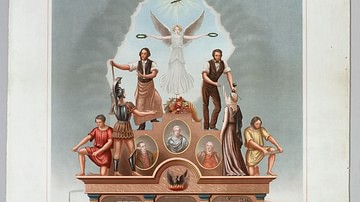
Article
Trade Unions in the British Industrial Revolution
Trade unions were formed in Britain during the Industrial Revolution (1760-1840) to protect workers from unnecessary risks using dangerous machines, unhealthy working conditions, and excessive hours of work. The trade union movement was vigorously...
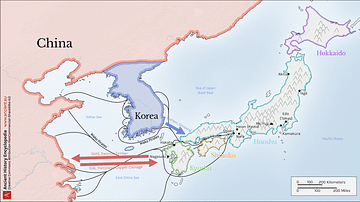
Image
Map of Medieval Japanese Trade & Wako Pirates
Map depicting Medieval Japan and its trade relations with its neighbours, China and Korea. The map shows the major trade goods exchanged between Japan, China, and Korea. Black lines show the approximate routes taken by the Wako Pirates. Each...
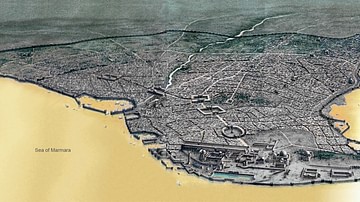
Article
Trade in the Byzantine Empire
Trade and commerce were essential components of the success and expansion of the Byzantine Empire. Trade was carried out by ship over vast distances, although for safety, most sailing vessels were restricted to the better weather conditions...
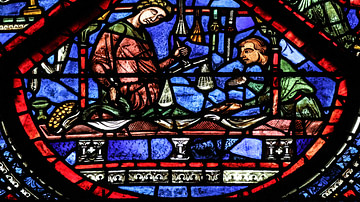
Article
Eyes on the East: Chronicles of the Indian Ocean Spice Trade
As the 15th century ended, Europeans were still mostly in the dark about the Eastern world. Early travelers like Marco Polo had given the West tidbits of information, but these accounts were too highly colored and fragmentary to provide a...
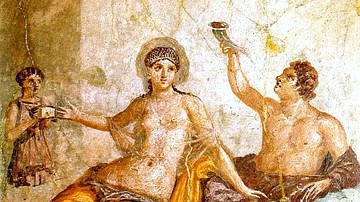
Article
The Eastern Trade Network of Ancient Rome
The life of wealthy Romans was filled with exotic luxuries such as cinnamon, myrrh, pepper, or silk acquired through long-distance international trade. Goods from the Far East arrived in Rome through two corridors – the Red Sea and the Persian...
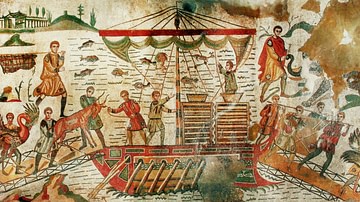
Article
Paul's Journeys and the Mediterranean Trade
Mediterranean trade increased exponentially at the turn of the first millennium. During Rome's zenith, goods of all sorts began to move in all directions. As a common traveler aboard merchant ships, Paul traveled within such a milieu. Tracing...
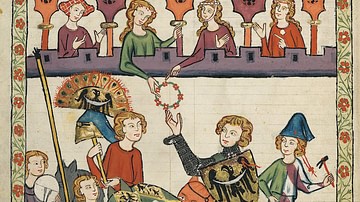
Definition
Medieval Chivalry
In medieval Europe, a code of ethics known as chivalry developed which included rules and expectations that the nobility would, at all times, behave in a certain manner. Chivalry was, in addition, a religious, moral and social code which...
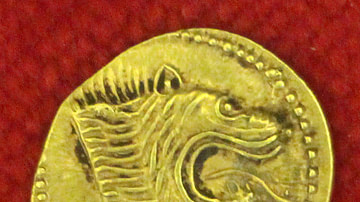
Article
Etruscan Trade
The Etruscan civilization flourished in central Italy between the 8th and 3rd century BCE, and their prosperity was largely based on their exploitation of local mineral resources, both through manufactured goods and trade. The Etruscans exchanged...

Definition
Medieval Guilds
Guilds of merchants and craft workers were formed in medieval Europe so that their members could benefit from mutual aid. Guilds ensured production standards were maintained and that competition was reduced. In addition, by members acting...
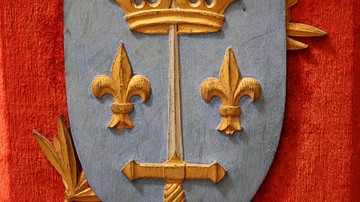
Definition
Medieval Heraldry
Heraldry, which is the use of inherited coats of arms and other symbols to show personal identity and family lineage, began on the mid-12th century CE battlefield as an easy means to identify medieval royalty and princes who were otherwise...